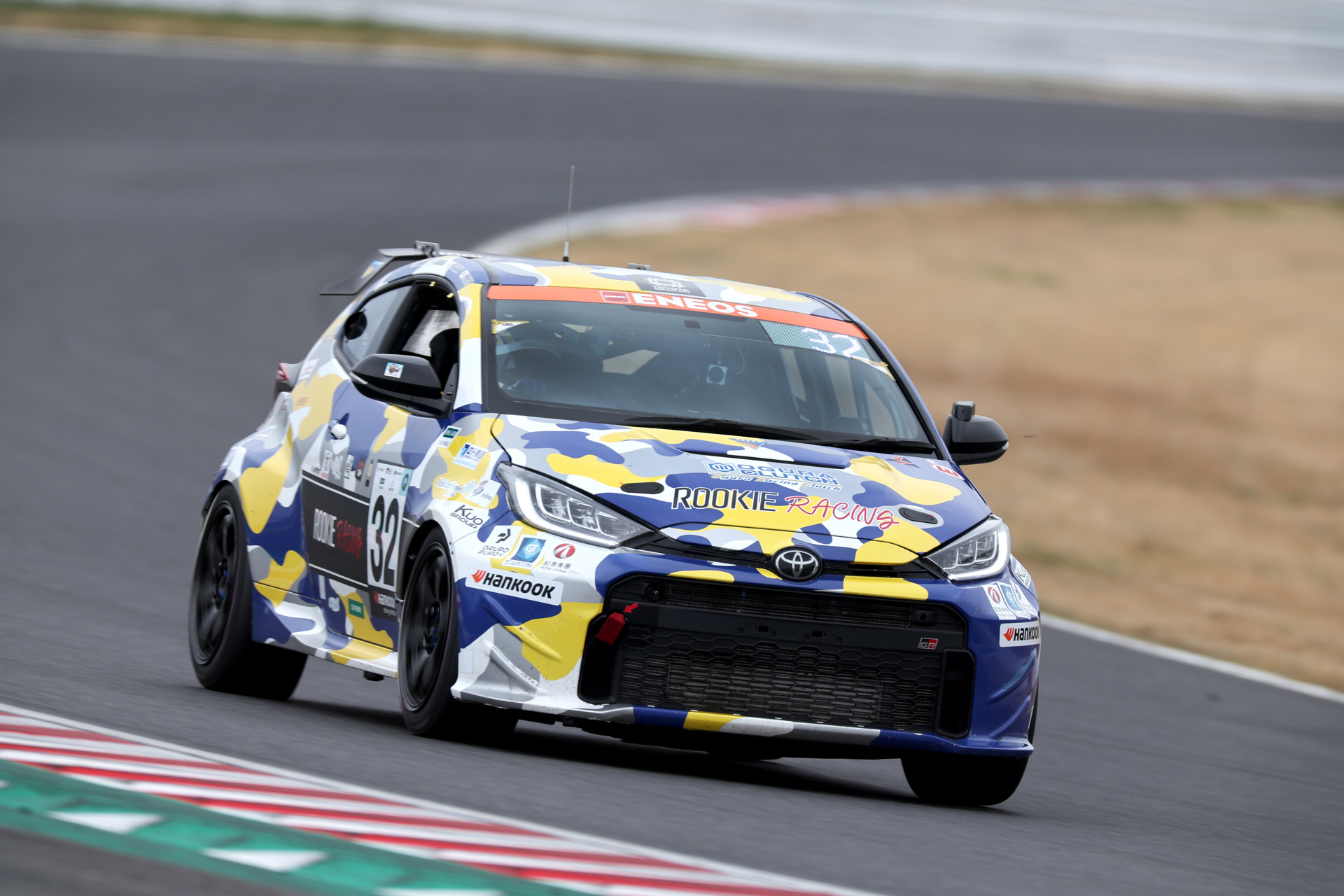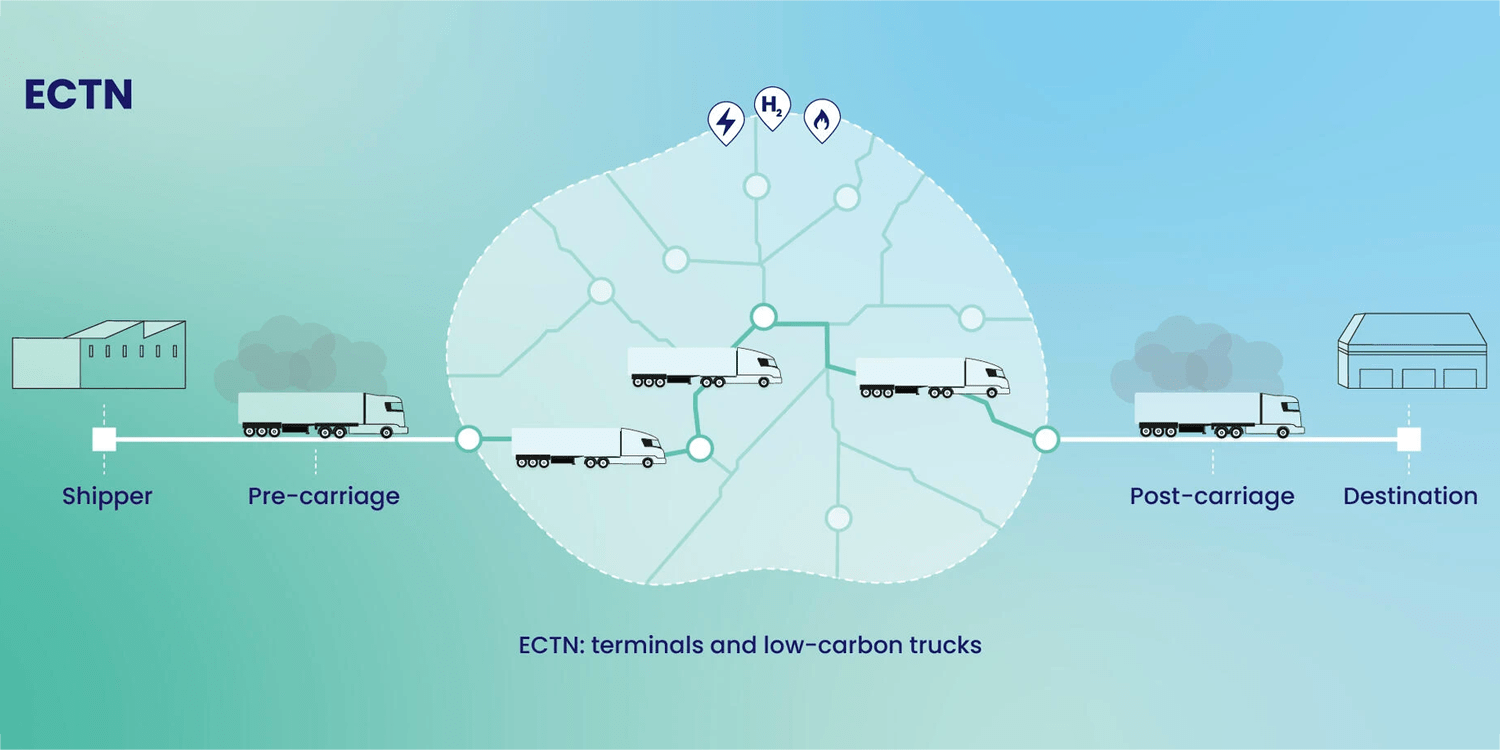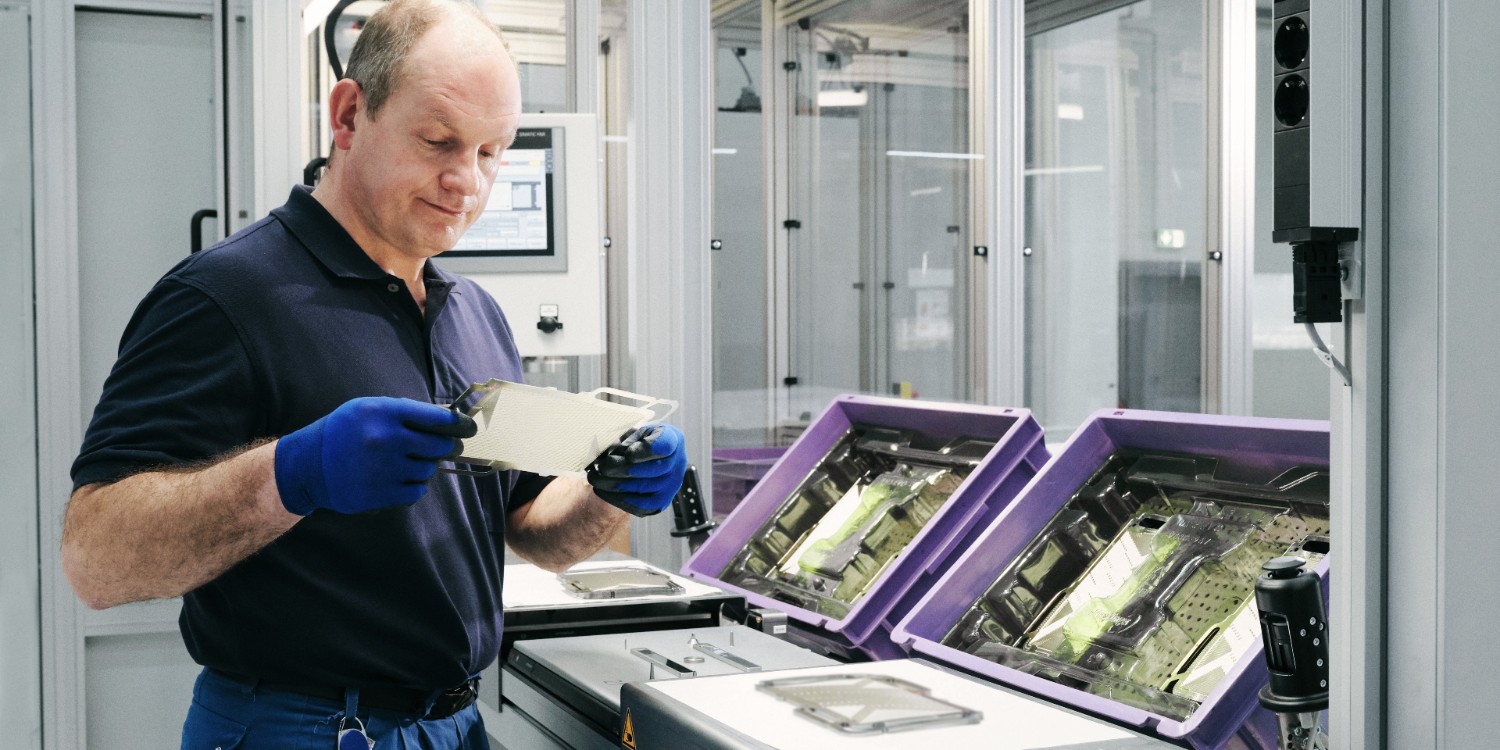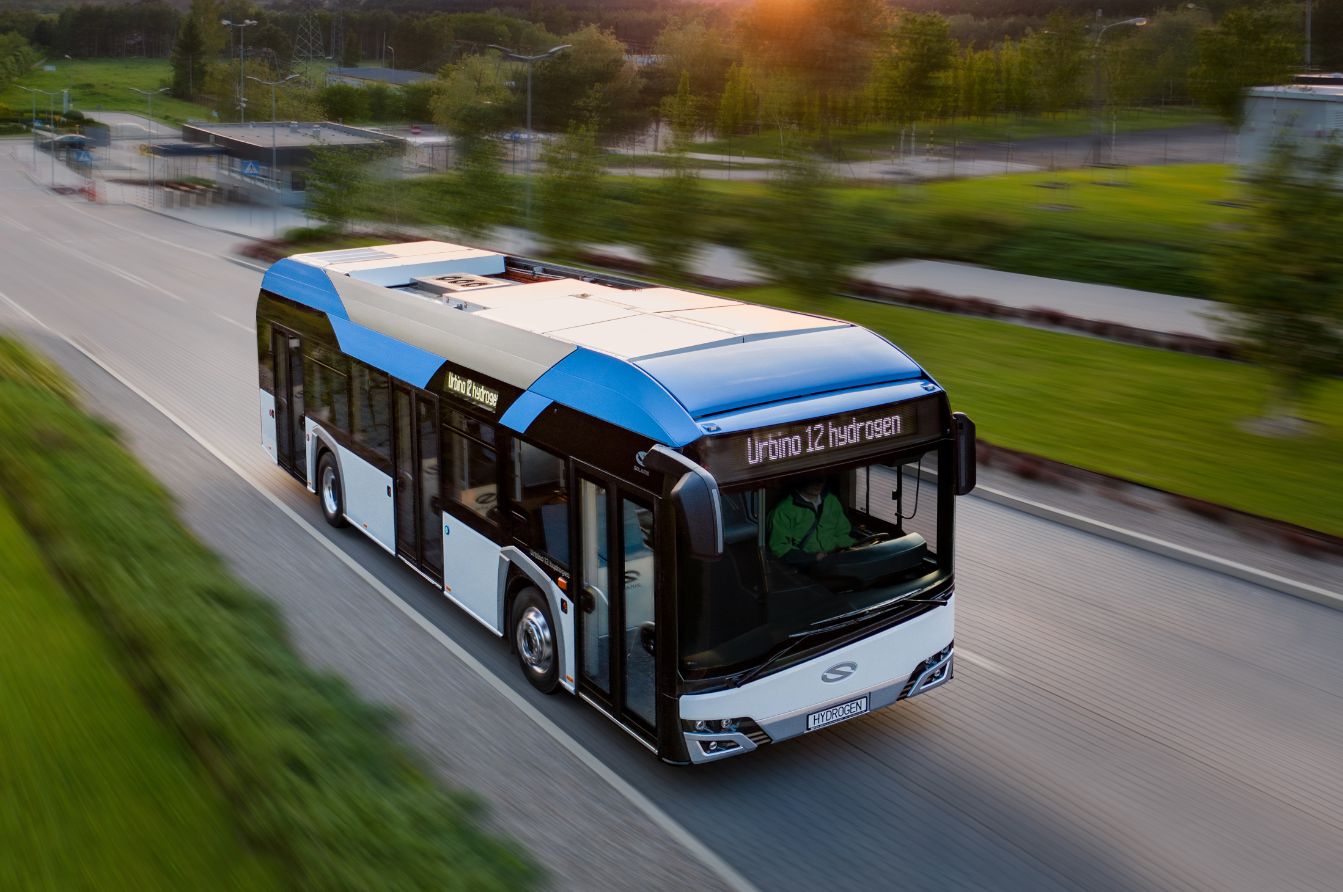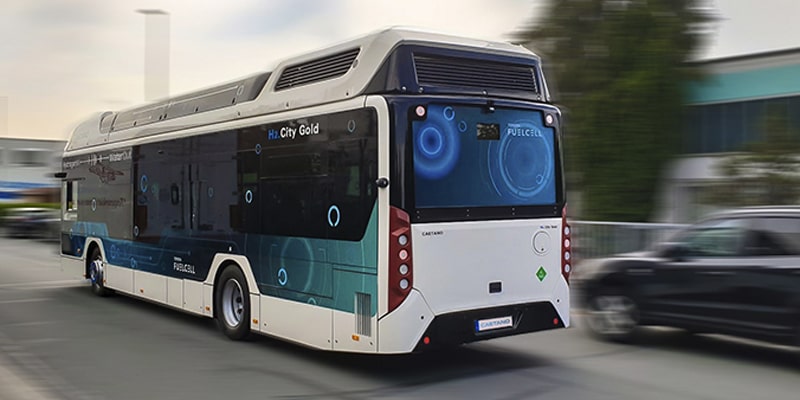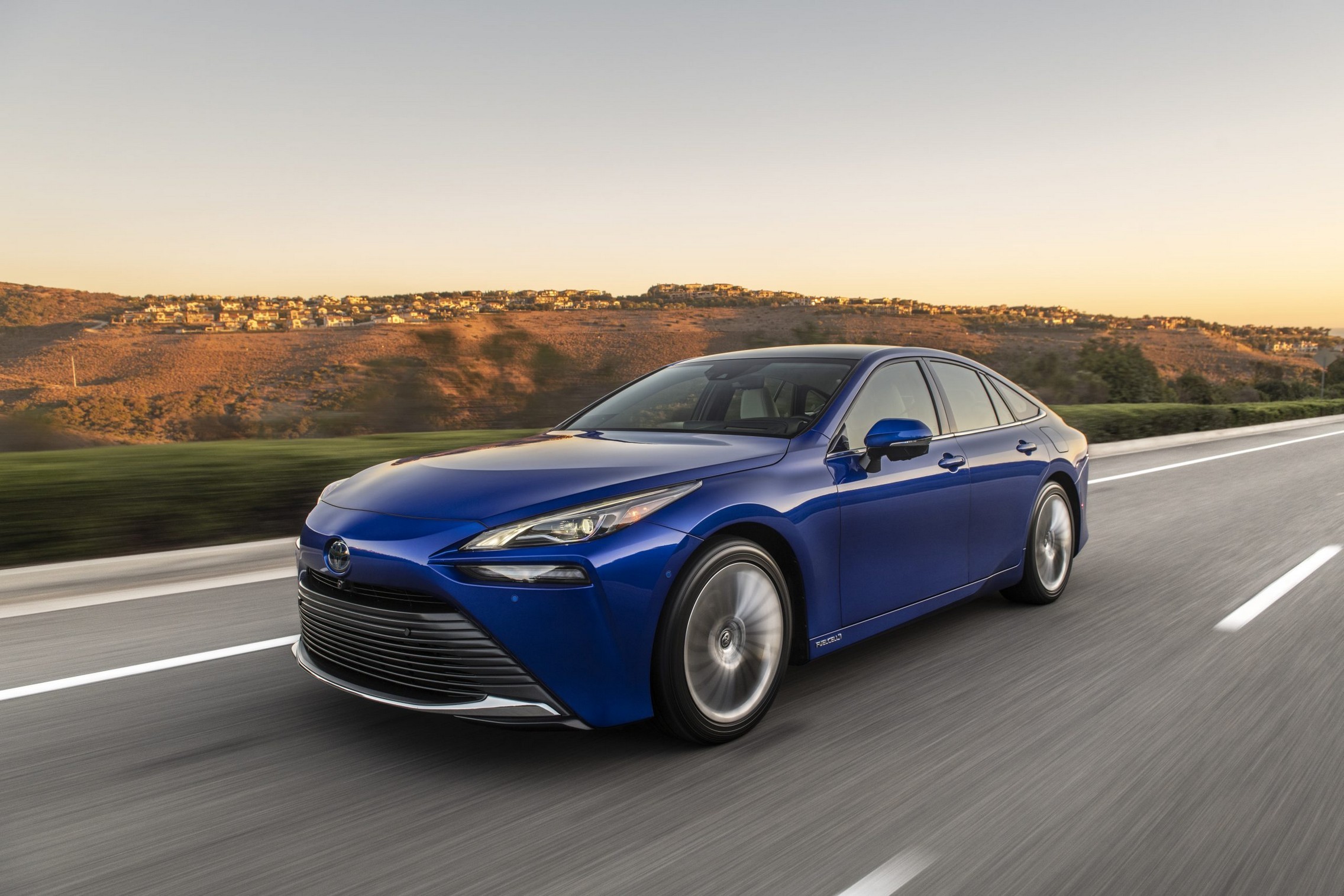According to a report by Automotive News, Toyota had planned to compete at the Suzuka Circuit endurance race with a new GR Corolla race car powered by liquefied hydrogen. However, the vehicle caught fire during a test run due to a leak in its hydrogen fuel line and was ultimately replaced with a combustion-powered GR Yaris.
Despite this setback, Toyota’s commitment to hydrogen technology remains strong, with incoming CEO Koji Sato stating that hydrogen will still play a key role in the company’s multi-pronged approach to achieve carbon neutrality.
While Toyota has faced challenges with the Mirai, its hydrogen-powered zero-emissions sedan, the company is optimistic about the potential of hydrogen fuel cell technology and is determined to ensure it remains a viable option for the future.
See also: Toyota-led consortium developing hydrogen fuel cell version of its Hilux pickup
As the company works on a new platform dedicated to electric vehicles, Sato has emphasized the importance of ensuring hydrogen remains a viable option, stating, “We need a production and transport supply chain. Unless we see evolution there, we cannot expect a volume increase in the energy’s use.”
Despite increasing efforts to produce more compelling all-electric vehicles, Toyota is committed to leveraging full electric cars, hybrids, and hydrogen cars as part of its overall strategy. The company expects to sell about 3.5 million electric vehicles worldwide in 2030 and is making full-fledged efforts on everything to achieve its carbon neutrality goals.

